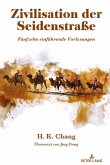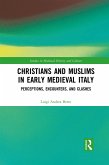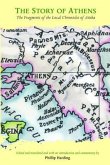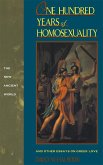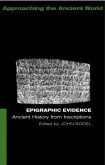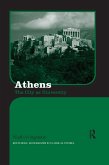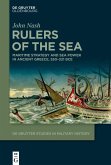Initiation rites have shaped societies for thousands of years. In both sacred and profane contexts, they define transitions between different phases of life or cultic-religious stages. Sometimes these rituals involve Written Artefacts, such as manuscripts with texts to be read or recited, or inscribed objects, that are necessary to perform the ritual acts. While the manuscripts usually directly ensure the agency of the corresponding acts through the codified and prescribed texts, the inscriptions interpret and comment on the particular rituals. Sometimes the writing itself is also part of this process and is therefore constitutive for the efficacy of the ritual and the realisation of its validity.
The authors analyse the material culture of initiation rites, which form the thematic core of the volume. Based on these phenomena, the artefacts showing writing and bearing inscriptions are examined and contextualised, opening up a broad interdisciplinary and transcultural field as a starting point for further research.
The authors analyse the material culture of initiation rites, which form the thematic core of the volume. Based on these phenomena, the artefacts showing writing and bearing inscriptions are examined and contextualised, opening up a broad interdisciplinary and transcultural field as a starting point for further research.


